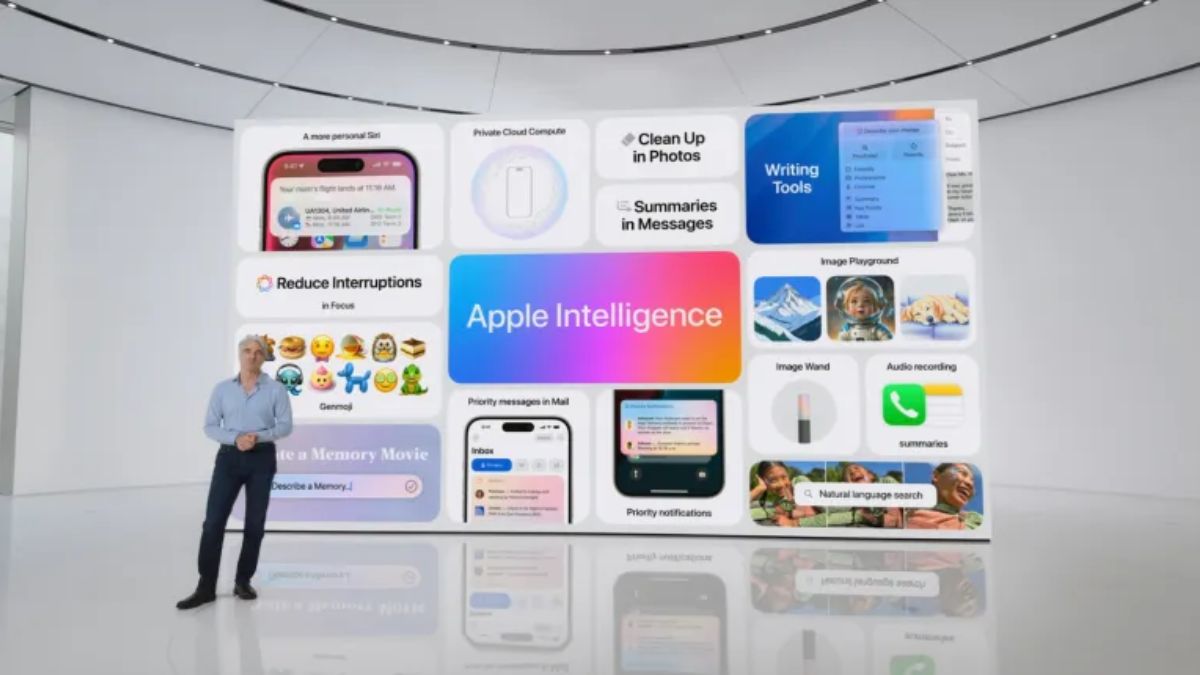In a significant pushback against Apple’s data practices, several of the world’s largest websites have opted out of allowing their content to be used in the tech giant’s artificial intelligence (AI) training. The decision, which has been quietly implemented over the past few months, highlights growing concerns among content creators and publishers about how their data is being utilized by major technology companies.
Among the notable names withdrawing from Apple’s AI training are heavyweights like The New York Times, CNN among others. These companies, along with many others, have reportedly blocked Apple from accessing their sites to scrape content for use in developing AI models. This move mirrors a broader trend across the digital landscape, where content producers are increasingly wary of the ways in which their data and intellectual property are harvested for AI without clear consent or compensation.
The issue centers around Apple’s approach to improving its AI capabilities, which, like many tech firms, involves training algorithms on vast amounts of data pulled from the internet. This data helps refine various AI functionalities, from natural language processing to predictive text features. However, the lack of transparency about how this data is collected and used has sparked concerns among content providers, particularly regarding copyright infringement and the potential devaluation of their original content.
“Content is the lifeblood of our business, and we must protect it,” said a spokesperson for The New York Times, which has been particularly vocal about safeguarding its intellectual property from unauthorized use.
Apple, for its part, has defended its practices, arguing that the data collection is done in a manner that respects user privacy and is in line with industry standards. The company has pointed out that AI development requires diverse data inputs to be effective, but it also acknowledged the concerns raised by publishers and content creators.
In response to the growing discontent, Apple has hinted at the possibility of developing more transparent and mutually beneficial agreements with content providers. However, as the landscape continues to evolve, it remains to be seen how these tensions will be resolved.


